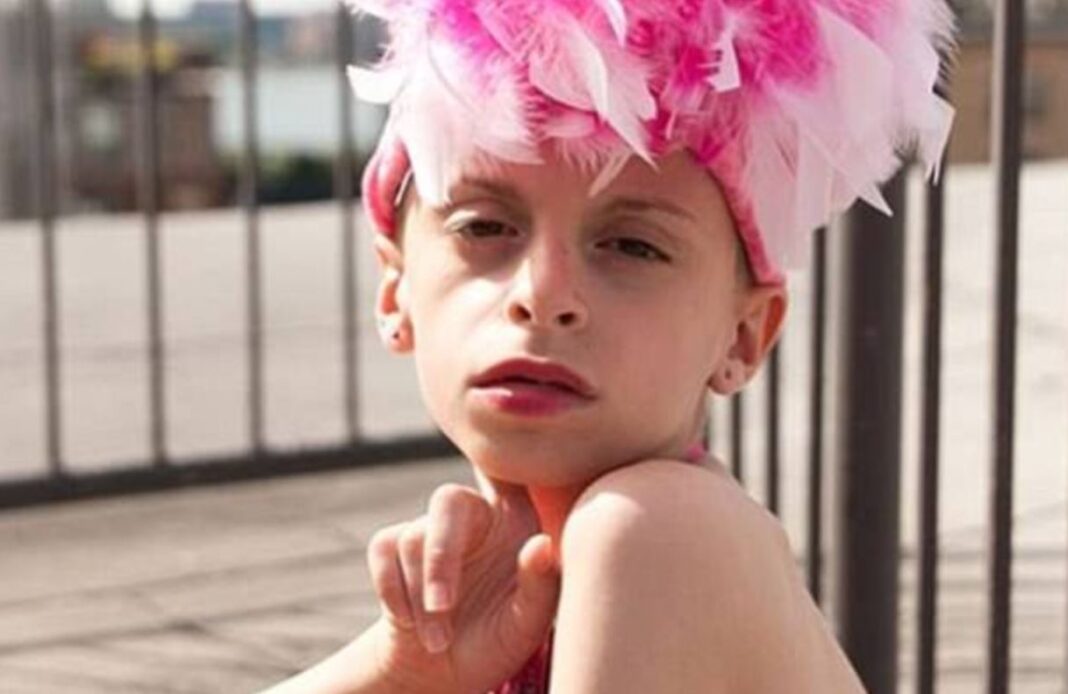By Sara Kovač (Nova24tv)
Following pressure from transgender organisations, two Dutch ministers decided to submit an amendment to parliament to abolish the age limit to facilitate gender reassignment on birth certificates. They corroborated everything with a “professional” statement.
“Persons whose gender identity does not correspond to the sex determined at birth may, under certain conditions, change their gender in their birth certificate,” reads the amendment published on the Dutch government’s website.
The government was thus proposed an amendment to the law, which would abolish the age limit for gender reassignment on the birth certificate! The statement says that more and more people want to change their gender registration. In 2016, 460 people changed their gender in the birth certificate, and 640 in 2018. The legislative change to the law on transgender people was proposed in order to achieve greater justice “in the emancipation of transgender people”.
The proposal also includes waiving the requirement for a professional statement in which the doctor or psychologist establishes the fact that the person is mature and really feels belonging to the opposite sex. The statement also states that transgender groups or organisations believe that this requirement is a violation of the right of individuals to decide for themselves regarding their gender. According to them, the simplified procedure should only include a written request for a change in the registration of gender, and the person would receive confirmation of the change within 4-12 weeks.
Even children could change their gender on their birth certificate
The bill also includes the abolition of the age limit, so that children under the age of 16 could also change their gender registration. Certain organisations agree with this as well, saying that even now some children and young people live as if they were of the opposite sex. But if a child wanted to change their gender registration, they would have to apply to the court.
The bill will have to be approved by both houses of the Dutch parliament, and the government said in a statement that it is committed to improving the situation of lesbian, gay, bisexual, transgender, and intersex (LGBTI) people. This is, of course, not surprising as the Netherlands is known to have some of the most advanced LGBTI rights laws in the w

